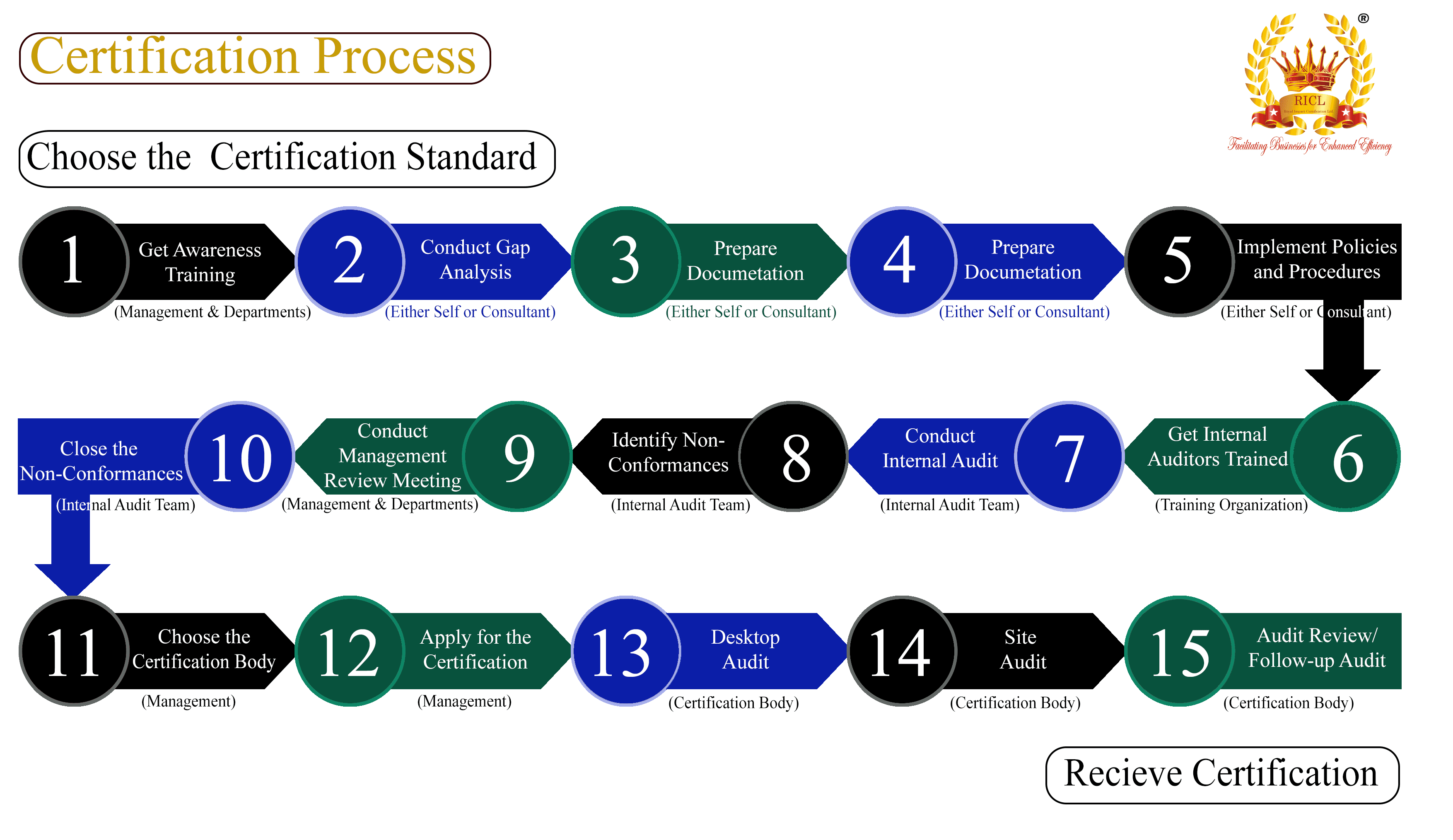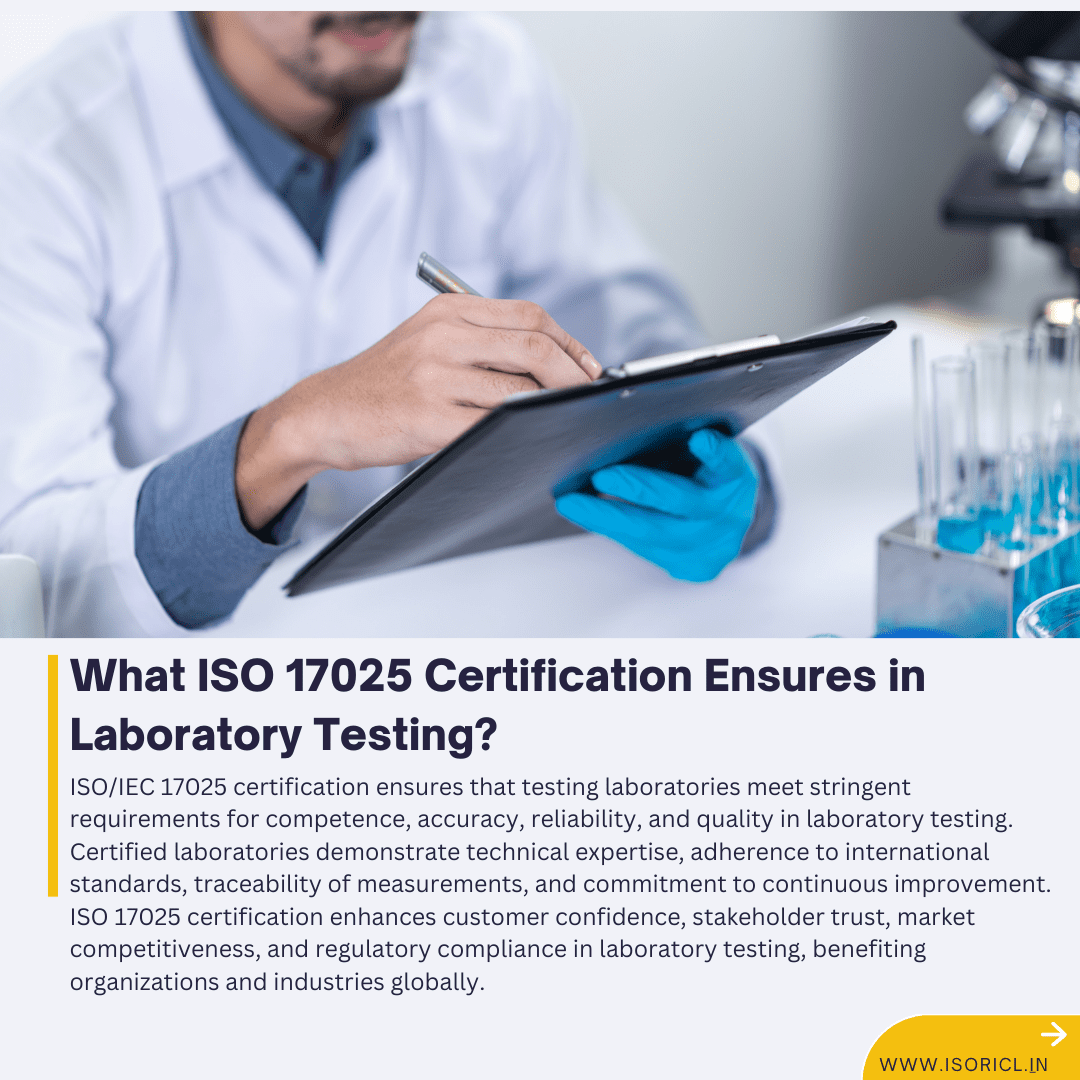
Energy Industry
The energy industry, encompassing sectors like electricity, oil, gas, and renewables, relies heavily on ISO (International Organization for Standardization) standards to ensure safety, efficiency, and sustainability. ISO standards play a crucial role in harmonizing practices and protocols across borders, enabling interoperability and facilitating global trade in energy products and services.
Enhanced Operational Efficiency: ISO standards provide a structured framework that helps energy companies identify and eliminate inefficiencies in their processes. This leads to streamlined operations, reduced waste, and improved overall efficiency.
Cost Savings: By optimizing energy use and operational processes, companies can realize significant cost savings over time. ISO standards like ISO 50001 focus on energy management, allowing organizations to identify areas for improvement and implement cost-effective solutions.
Improved Environmental Performance: Many ISO standards in the energy sector emphasize sustainability and environmental responsibility. Compliance with these standards helps companies reduce their carbon footprint, minimize waste generation, and contribute positively to environmental conservation efforts.
Enhanced Safety: ISO standards such as ISO 45001 for occupational health and safety management help energy companies create safer work environments. By implementing safety protocols and best practices, organizations can reduce workplace accidents and ensure the well-being of their employees.
Global Market Access: Adhering to ISO standards enhances a company’s reputation and credibility in the global market. Many international clients and partners prefer to work with organizations that follow recognized standards, facilitating access to new business opportunities and partnerships.
Customer Confidence: ISO certification demonstrates a company’s commitment to quality, reliability, and continuous improvement. This fosters trust among customers and stakeholders, leading to increased customer satisfaction and loyalty.
Regulatory Compliance: ISO standards often align with regulatory requirements in the energy industry. Compliance with these standards helps companies meet legal obligations, avoid penalties, and operate within established industry norms.
Risk Management: ISO standards provide guidelines for risk assessment and management in various areas such as cybersecurity (ISO 27001) and business continuity (ISO 22301). Implementing these standards helps companies identify and mitigate risks, ensuring continuity of operations even in challenging circumstances.
Innovation and Best Practices: ISO standards encourage organizations to adopt innovative practices and stay updated with industry best practices. This fosters a culture of continuous improvement and drives innovation in products, services, and processes.
Employee Engagement: Implementing ISO standards involves training and engaging employees at all levels. This not only enhances their skills and knowledge but also fosters a sense of ownership and commitment to organizational goals and standards.

The energy industry, encompassing sectors like electricity, oil, gas, and renewables, relies heavily on ISO (International Organization for Standardization) standards to ensure safety, efficiency, and sustainability. ISO standards play a crucial role in harmonizing practices and protocols across borders, enabling interoperability and facilitating global trade in energy products and services.
ISO standards are particularly significant in the energy sector due to its complex and interconnected nature. For instance, ISO 50001 sets the framework for energy management systems, helping organizations improve energy performance, reduce costs, and enhance their environmental credentials. This standard is widely adopted by energy-intensive industries such as manufacturing, mining, and transportation.
In the realm of renewable energy, ISO 14001 provides guidelines for environmental management systems, promoting sustainable practices in areas like wind, solar, hydro, and biomass energy production. These standards ensure that renewable projects are developed and operated in an environmentally responsible manner, minimizing their impact on ecosystems and communities.
ISO 9001 is another critical standard in the energy industry, focusing on quality management systems. Energy companies must adhere to ISO 9001 to maintain high levels of customer satisfaction, product/service quality, and regulatory compliance. This standard is particularly relevant for energy suppliers and distributors, ensuring reliability and consistency in energy delivery.
Safety is paramount in the energy sector, and ISO standards such as ISO 45001 for occupational health and safety management systems play a vital role. Energy companies follow these standards to protect workers, prevent accidents, and comply with legal requirements, fostering a culture of safety throughout their operations.
Interoperability and data management are increasingly important in modern energy systems. ISO 15118, for example, standardizes communication protocols for electric vehicle charging, promoting seamless integration between vehicles, charging stations, and energy grids. Similarly, ISO 27001 addresses information security management, safeguarding sensitive data in the energy sector against cyber threats and breaches.
Overall, ISO standards provide a robust framework for the energy industry to operate efficiently, sustainably, and safely. By adopting these standards, energy companies demonstrate their commitment to quality, environmental stewardship, and continual improvement, contributing to a more resilient and responsible energy landscape globally
[formsapp id=”662f63f6c4dd546c9916c3db”]
Related Standards
The transport and logistics industry is governed by several ISO standards that help ensure quality, safety, security, environmental responsibility, and overall efficiency. Here are some key ISO standards related to the transport and logistics industry:

ISO/IEC 27001
Information Security Management System
LATEST BLOGS
ISO 10002 Enhancing Customer Satisfaction and Complaint Handing Introduction ISO 10002 is an international standard that provides guidelines for the process of …
Who benefits from ISO 50001 Certification for energy performance? ISO 50001 Certification for energy performance benefits a wide range of stakeholders, including …
What ISO 17025 Certification ensures in Laboratory testing? ISO 17025 Certification ensures a high standard of competence and reliability in laboratory testing …







